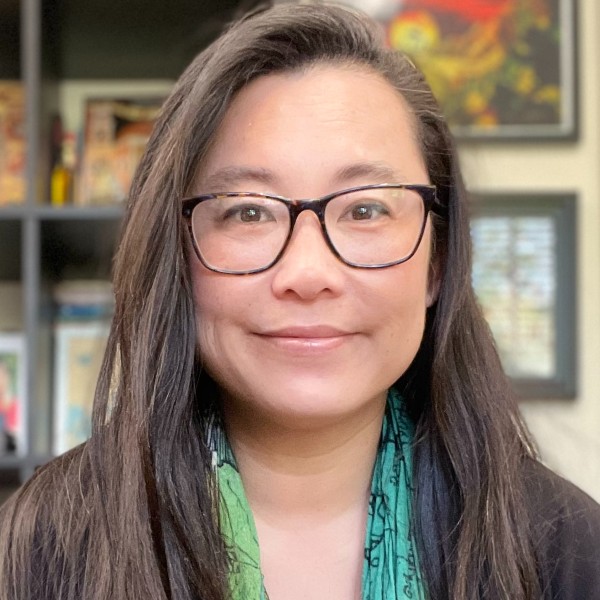Many churches have mission statements. I wish I could hear them through the ears of “unchurched” people because to me they too often sound like words without any real meaning. Maybe I am cynical. Or maybe people in self-identified mainline churches -- my most familiar context -- cannot say what their mission is. Maybe they don’t know anymore.
Forgetting the church’s particular mission is understandable. First of all, mainliners abandoned the mission of saving souls because we gave up hell. (For lots of good reasons, as my household theologian reminds me.) But more than that, so many different things we have done in and for the world are now done by others, and frequently done better. Take personal piety -- the culture is full of encouragement and support for healthy eating, exercise, rest, mindfulness and simple living. Consider care for the suffering -- people have a multitude of options through networks of support that are readily accessible. What about social justice, as in social change to make the world a better and fairer place? Google “social entrepreneurship” or visit the Clinton Global Initiative site to sample the proliferation of good work being done for systemic change.
These movements are good things for our world, and none of them are contingent on the church. So, I ask, what is it that we as the church have to offer in tangible reality? Not in beliefs, but in our ways of being?
This question accompanied me to last week’s city council meeting. We are in the midst of a fight over how we pay for electricity in Austin, Texas. The proposal before council would result in an 80% increase in the price houses of worship pay for electricity. Heeded by my UMC district superintendent, I showed up to speak against the proposal.
Here is what I had to say: My congregation can’t pay 80% more for electricity and keep our building operative. And reducing the use of our building would be a loss to our neighborhood. We house a charter elementary school, “Little Village” preschool, free exercise classes, Hope Food Pantry, a cold weather night shelter for homeless men and rehearsal space for a gay men’s civic chorus. We feed hungry people under the I-35 overpass every single Sunday morning and we prepare the food in our kitchen. We are part of the social fabric that holds the city together.
But I had to ask myself whether this is our mission. The way my church and yours are knit into the social fabric does matter. It is part of our mission. I worry, though, that these acts of charity and stewardship become the end of our mission when they are may be the opening of it. They may be the openings through which we shout, “Hey ya’ll, watch this,” as good Texans would. They may be the way we say, “We are trying to come fully alive. Trust us, you are more than your last experience. You have a purpose. Let’s get ready to abandon our selves to true love. It’s going to be a wild ride.” They may be the openings through which we see the world and the world sees us: People embodying hope that we are each indeed more than a collection of store bought experiences.
This is the particularity of our mission -- the good news -- for this time.
Melissa Wiginton is Vice President for Education Beyond the Walls at Austin Presbyterian Theological Seminary.













